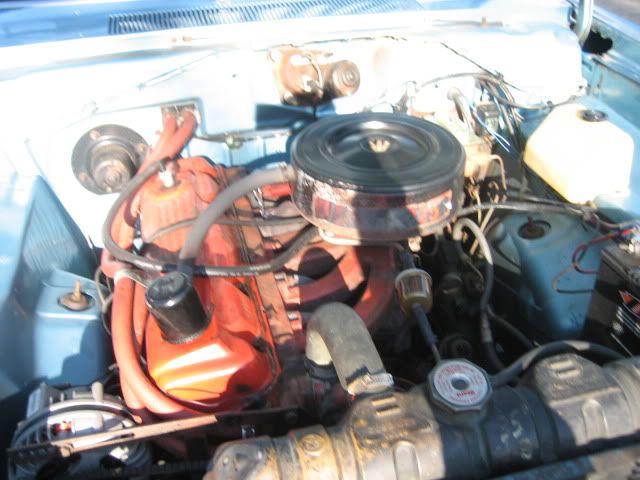73Dartmang
Active Member
- Joined
- May 24, 2010
- Messages
- 44
- Reaction score
- 1
Happy friday everyone. Having an issue after the car is fully warmed up after driving a couple miles. First lets talk coil stats. Im getting a (primary circuit OHMS reading of 1.8 OHMS) and a (secondary circuit reading of 9680 OHMS). What is spec for the old coils using a ballast resistor and points? It appears to be the original coil Part #2495531. I know the last owner did not replace. Car now has 97,000 miles. Oh yeah it's me 1968 Dart slant six.
Now for the issue leading to checking my coil. Car at a steady 50MPH seems to feel like it shifts down, then back up. It's not though as I tested this. Cruising then blaahhh, then back up. Then drive a few minutes then slow, then back up. Almost feels like it's ...dirt in the carb but..It feels so consistent that I dunno yet hmmmm....

Now for the issue leading to checking my coil. Car at a steady 50MPH seems to feel like it shifts down, then back up. It's not though as I tested this. Cruising then blaahhh, then back up. Then drive a few minutes then slow, then back up. Almost feels like it's ...dirt in the carb but..It feels so consistent that I dunno yet hmmmm....

















